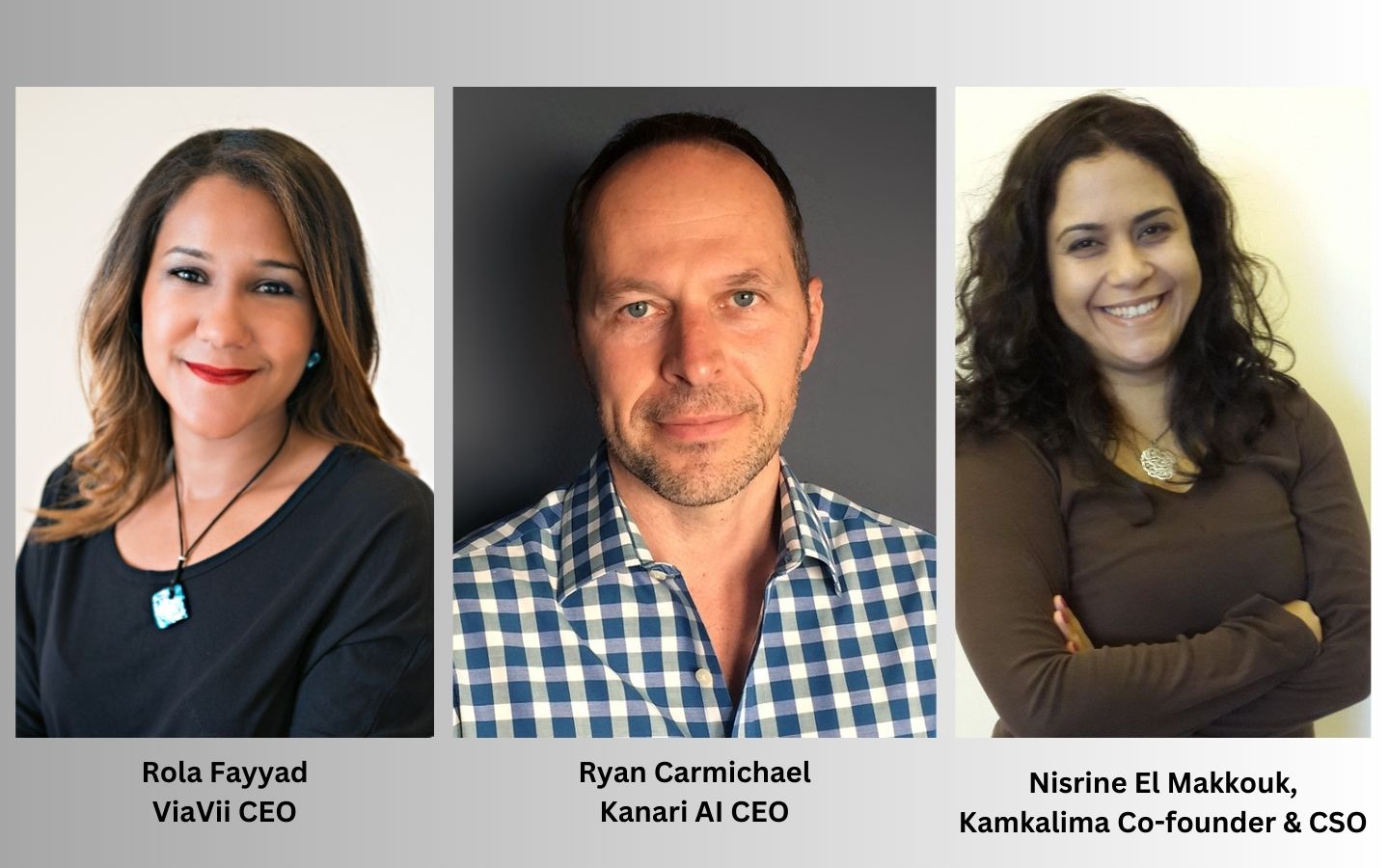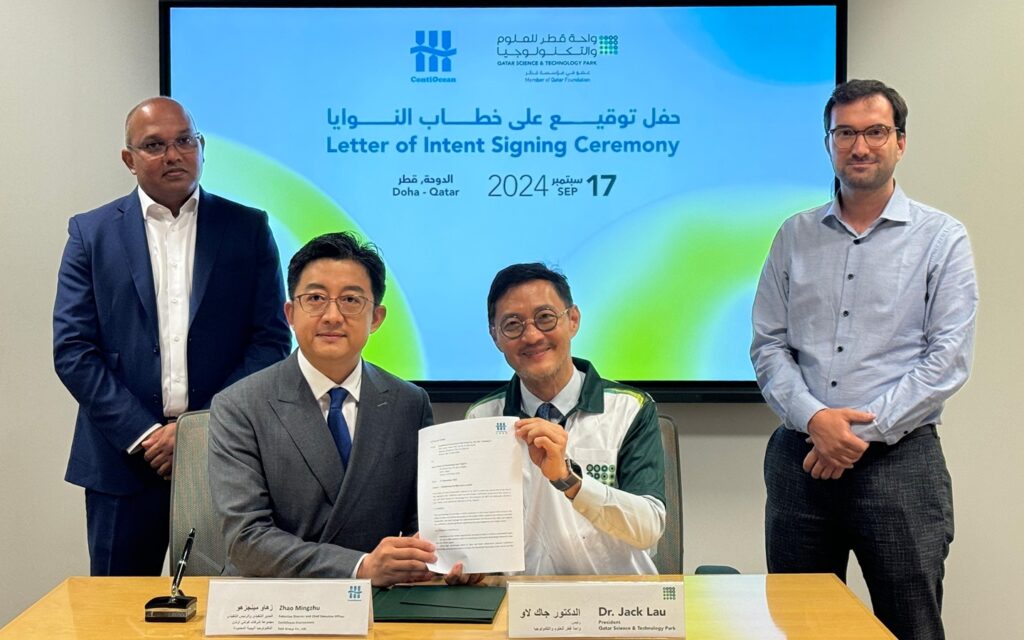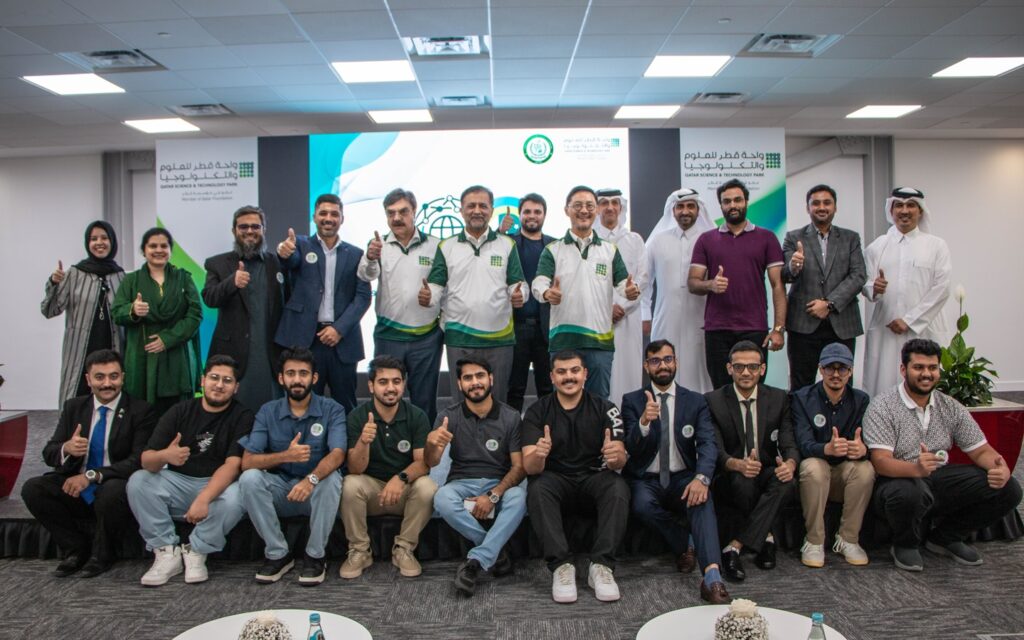More than 400 million people use the Arabic language on a daily basis, according to UNESCO. It is the official language in at least 22 countries with as many dialects believed to be in existence. Despite these numbers, concerns over the language’s declining proficiency – especially among the youth – have been rising.
Largely due to globalization, many native Arabic speakers have preferred communicating in languages more widely understood in communities outside of their own. This social shift has called for new efforts to ensure the preservation of the language.
Advancing the Arabic language remains among the foremost priorities for Qatar. Under Law No. 7 of 2019 on the protection of Arabic Language, the country has mandated all public and private organizations to commit to the use of Arabic across their operations.
Qatar Foundation (QF) has been at the forefront of these efforts supporting initiatives that further the understanding and use of the Arabic language, together with the preservation of Arabic heritage and culture. Qatar Science & Technology Park (QSTP) – a member of QF – actively supports national efforts to uphold Arabic through its various programs and funding mechanisms, such as the Tech Venture Fund (TVF), a strategic venture capital fund designed to support local innovative startups and attract international ones looking to scale in the MENA region.
One of the newest TVF recipients, Kamkalima, is disrupting the education landscape with an innovative solution to make Arabic learning and teaching more meaningful. Launched in 2017, by co-founders Nisrine El Makkouk and Siroun Shamigian, Kamkalima addresses the mismatch between modern-day demands of learning and conventional methods of teaching Modern Standard Arabic (Fusha) in the MENA region. Since its launch, the platform has supported over 126,000 unique students and teachers. Its footprint has expanded to 11 countries in the region including Lebanon, the UAE, Saudi Arabia, Kuwait, Jordan, and Qatar.
“We noticed that many young people excelled in academics but were struggling with Arabic,” El Makkouk recalled. “There was an absence of quality digital educational content. Yes, there were books and other literary works, but in terms of technology in the native language of the children today, there really was not much.”
Supporting learners aged 10-18 in four essential skills – reading, writing, listening, and speaking – the platform features a variety of educational content such as Arabic literary classics as well as tailored content sourced from podcasts, movies, murals, and others. The platform also offers teacher support in class preparation, reading and writing assessments, and administration. Students receive the support from Fahim, the AI bot, who suggests improvements in spelling, grammar, and vocabulary in a fun and engaging way. Away from education and within the travel and tourism space, a QSTP member company and part of TVF’s investment portfolio, ViaVii, is using its digital platform to help immerse visitors in the local culture and heritage. The startup enables travel guides, tourism operators, and local hosts in the MENA region to efficiently offer their services via the ViaVii app.
ViaVii’s web-based travel management system lets international travelers explore and reserve private tours and locally led experiences, in categories ranging from sightseeing and food to arts, education, and health and wellness.
While the platform is available in other languages, it has paid particular attention to include Arabic. “Most of the popular travel booking platforms are in Western languages which means that Middle Eastern hosts with limited or no proficiency in those languages are unable to connect with potential customers. ViaVii is working to fill this void,” said Rola Fayyad, Chief Executive Officer, ViaVii.
Being used by more than 500 local hosts in Qatar, Saudi Arabia, Egypt, Jordan, and Lebanon, ViaVii trains and empowers a regional community of Arab hosts, who in turn act as ambassadors of their local culture. Committed to advancing people-to-people travels, ViaVii is one of the few startups from MENA to have become official affiliate members of the United Nations Tourism . The startup was also received the Outstanding Smart Solution Award by Qatar Tourism in November last year.
Making waves with its speech and voice technology solutions, another TVF portfolio company, Kanari AI, has been accelerating the tech offering – licensed from Qatar Computing Research Institute, part of QF’s Hamad Bin Khalifa University – for the Arabic language since 2020. The startup offers AI-enabled services in speech recognition, speech-to-text, and Natural Language Processing (NLP) through its innovative global model that covers all Arabic dialects.
From entities in healthcare and media to education and government, Kanari AI’s solutions are supporting organizations requiring multi-dialect voice assistance, language data analytics, transcription, and security services.
Highlighting the startup’s partnership with the United Nations (UN), Ryan Carmichael, Chief Executive Officer, Kanari AI, said, “We have helped develop a media monitoring platform that supports UN’s peacemaking efforts in the Middle East. Many UN members do not speak Arabic but are key to resolving conflicts. Through this platform they can upload audio or video files from any Arabic news source and generate its transcription and translation.”
For its commitment to use technology to uphold the Arabic language, particularly through its Fenek AI platform, Kanari AI was recently awarded the UN’s World Summit Award in the Culture and Heritage category.
Playing a vital role in accelerating national efforts to preserve Arabic language, culture and heritage, QSTP continues to serve as a springboard for high-tech solutions, providing expert mentorship, resources, and financial support to nurture tech-focused startups from Qatar and beyond.




